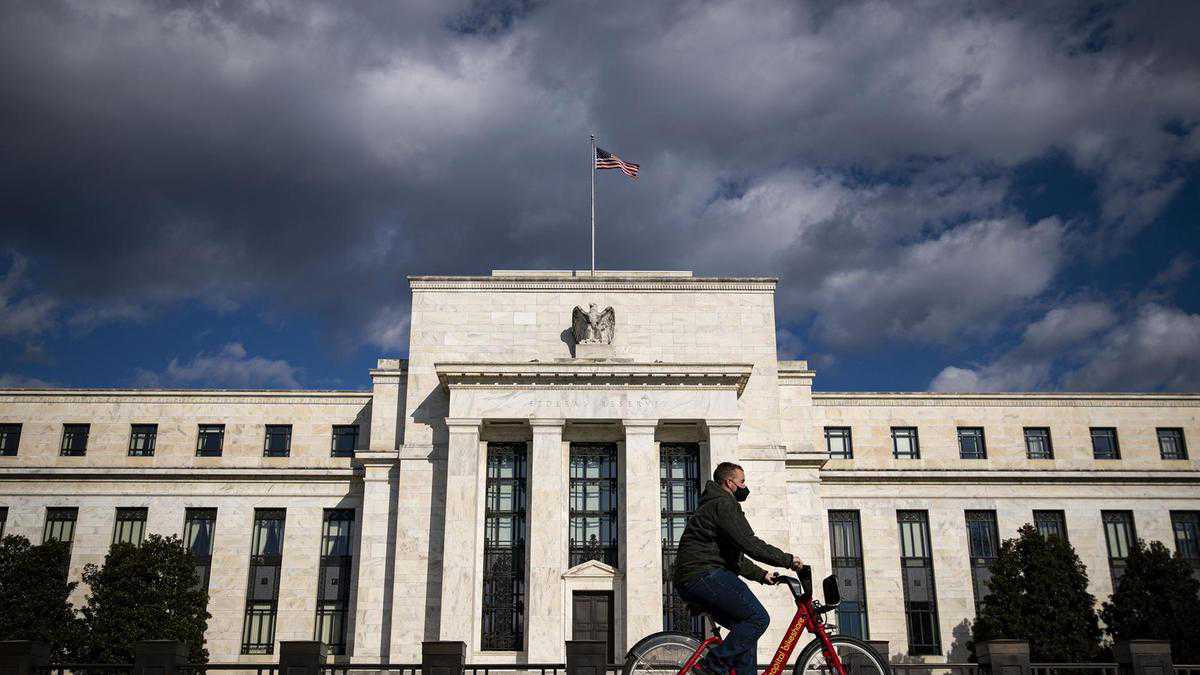Market focus progresses from Biden handover to obstacle of passing stimulus bill
25 January, 2021

Marketplaces were relieved to visit a peaceful inauguration in america last week and a good subsequent euphoric reaction to President Joe Biden’s stimulus ideas pushed global equity markets to new highs. Even so, by the finish of it all, an email of caution was struck, with profit-taking placing in amid some warnings that challenges still lie ahead.
Business as usual was first the main characteristic displayed by marketplaces through the majority of the last week, while the announcement of a good $1.9 trillion stimulus plan by Mr Biden propelled most important equity market segments to new highs before retreating slightly towards the end of it.
Elsewhere, 10-year relationship yields consolidated around 1.1 %, gold was regular at $1,862 per ounce, near its 50-working day moving-average, and oil prices backed off recent highs, but remained broadly underpinned. The US dollar resumed losses in foreign currency markets as a risk-on tone had taken hold, with sterling being one of the key beneficiaries amidst a strong vaccination rollout, while Bitcoin dropped ground.
The challenge now is to turn a lot of Mr Biden’s policy announcements into reality, which on the key problem of the economy, is a lot harder than simply signing executive orders. Obtaining the $1.9tn spending method through Congress has already been looming as a substantial hurdle, with prominent Republican Senators questioning the necessity of such a sizable stimulus on top of the $900 billion bundle that came in December.
Incorporating President Biden’s proposed fiscal package deal, the full total cost of US fiscal support because the start of pandemic amounts to about $6tn, and with only an extremely thin majority in the Senate, Mr Biden’s Democratic Party could struggle to get all of the votes had a need to pass the latest pandemic support package.
Janet Yellen, Mr Biden’s Treasury Secretary nominee, last week needed politicians to “take action big” to struggle the personal fallout from the coronavirus pandemic, warning of the “long-term monetary scarring” in lack of further action. Even so, with Washington clean from a contentious handover of electricity and the opposition Republican party looking to score tips against the freshly inaugurated president, it really is tricky to envisage a simple ride.
Commentators are also worried about the long-term difficulties facing the market, with Mohamed El-Erian of Cambridge University, observing found in the Financial Instances that “the economic climate concern for Mr Biden isn't a short-term need to address immediate dislocations, however the longer term problem of relinking bubbly marketplaces to economic realities”.
In essence, he was discussing the disconnect between Wall structure Street and the true economy, but a lot more than just being a gap in the relative performance of equity markets and financial activity, additionally it is seen when it comes to widening income and wealth gaps reflecting political and public divides and the distribution of debt, which disproportionately influences low-income households.
Mr El-Erian continued to discuss the purpose of the US Federal government Reserve in perpetuating these disconnects by constantly reassuring shareholders to believe “there are only upsides in investing in markets disconnected from certainty”.
Fed chair Jerome Powell frequently feels obliged to reiterate that the central bank will stay dovish, seemingly afraid of a repetition of the “taper tantrum” that may occur should it threaten to pull back again on its easy monetary policies even only a little bit.
Once again, the Fed will encounter the task of threading the needle in the terminology it uses when it meets this week because of its next Federal Open up Market Committee getting together with (January 26-27), but following Mr Powell’s responses of early on January when he said that enough time to raise rates of interest “is no time soon”, it is unlikely that presently there will much, if all, deviation from this communication. This underscores that the Fed will not be performing pre-emptively to rein in cost pressures, instead enabling inflation to overshoot since it carries on with quantitative easing and to monetise the Treasury’s personal debt.
The priority will again be to ensure short-term financial marketplace stability holds and to avoid any threat of a correction or meltdown in market segments, which means that a number of the challenges facing the US economy will again be shunted in to the longer term. Markets will without doubt respond favourably once more, but at the chance of building up a great deal larger imbalances later on.
Source: www.thenationalnews.com
TAG(s):
